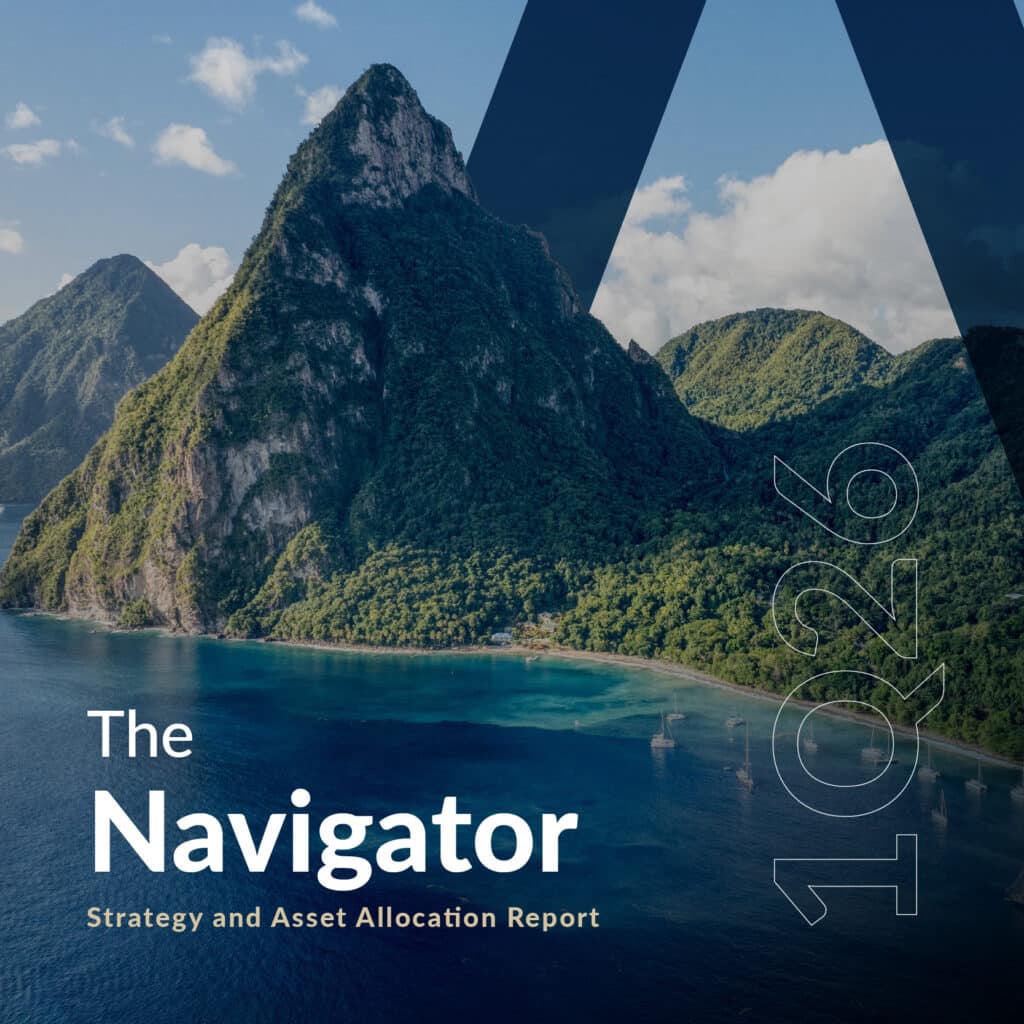The annual Jackson Hole Economic Policy Symposium took place in Wyoming from 22-24 August 2019. This year’s theme was “Challenges for Monetary Policy” and focused on economic issues facing global economies. The main points arising out of this year’s event relate to the likelihood of further US rate cuts (especially considering some mixed signals coming out of the latest Federal Open Market Committee [FOMC] minutes and US Federal Reserve [Fed] Chair Jerome Powell’s testimony before Congress in July), and how the US/China trade war is seen impacting monetary policy. Below, we highlight some of the talking points coming out of the conference:
- Powell, who President Donald Trump handpicked to replace Janet Yellen but who has recently become the object of Trump’s anger (and tweets), said in his opening speech that while the US economy was currently in a favourable place, it nevertheless faced “significant risks” (read trade wars) as global growth slows amid trade uncertainty.
- Powell indicated that the Fed “will act as appropriate to sustain the (economic) expansion”, and highlighted further evidence of a global slowdown, notably in Germany and China.
- In his speech, Powell made the following comment around US inflation “we have seen no clear sign of an acceleration above 2% and there does not seem to be an elevated risk of overheating.” This could be interpreted as the door being open to another rate cut (as is expected) when the FOMC meets on 17-18 September.
- Nevertheless, Powell’s overall positive US economic outlook, suggests to us that the Fed is unlikely to implement a bigger cut than 25 bps at its next meeting.
- While the Fed has always taken global market conditions into consideration, this time it would seem these global conditions played a more dominant role because of the uncertainty surrounding the trade war (and likely the unpredictability of Trump in this regard). Powell mentioned the words uncertainties and risk several times, drawing attention to global trade developments.
- According to Fed Vice Chair Richard Clarida, while the US economy was in “a good place”, the global outlook has worsened since the Fed’s July meeting, and policy makers will have to take that into account at next month’s Fed meeting.
- Meanwhile, former Fed Vice Chair Stanley Fischer said what everyone else was likely thinking, when he called Trump out directly by stating “The problem is in the president of the US” … “How the system is going to get around some of the sorts of things that have been done lately, including trying to destroy the global trading system, is very unclear. I have no idea how to deal with this.”
- Philadelphia Fed President Patrick Harker threw his weight behind the more hawkish members of the FOMC, saying that lower rates wouldn’t necessarily boost the economy when the main concern remains around a trade war.
- On Saturday (24 August), the day after China and the US unveiled additional tariffs on each other’s goods and Trump called on US companies to shut down their China operations, Reserve Bank of Australia Governor Philip Lowe said the global economy was “experiencing a series of major political shocks” (referring to what happened). He added that these shocks slow growth and while there is a “strongly-held view that the central bank should just fix the problem … the reality is much more complicated,” and not something monetary policy can likely repair.
- At the conference reference was made to deep connections tying global economies together but, by all accounts, the US-driven trade war is pushing economies apart and increasing the likelihood “of a broad global downturn.”
- Worryingly, none of the central bankers in attendance were confident about how to combat a possible global downturn since it would be coming from political choices and not from a breakdown in the financial cycle (which they know how to fight).
- If the above is the issue, Lowe and others said that lower interest rates (which Trump has repeatedly demanded in order to get an upper hand in his trade war with China), will be of very little assistance to the global economy.
- Bank of England (BoE) Governor Mark Carney, meanwhile, was of the view that a collapse in Brexit talks, resulting in the UK leaving the European Union without any deal (a hard Brexit), would likely prompt the BoE to also loosen monetary policy. Bloomberg reports that Carney also laid out a proposal for “an overhaul of the global financial system” that would eventually replace the US dollar as a reserve currency with some form of global digital currency.
Notwithstanding what some of the speakers have said, the implementation of new tariffs against China is likely to increase pressure on the Fed to stimulate the US economy. To do this a 25-bpt cut at the Fed’s September meeting is now all but a certainty. Depending on how everything plays out in the coming weeks there could very well be another rate cut in December.




